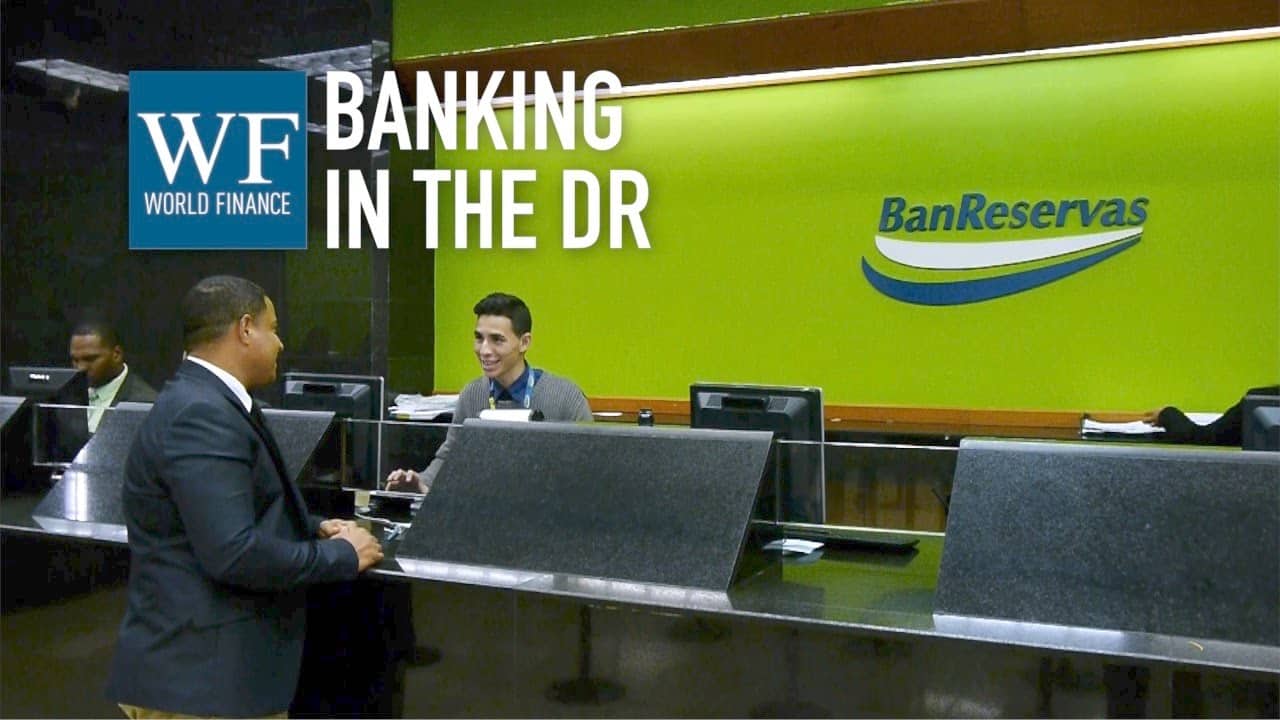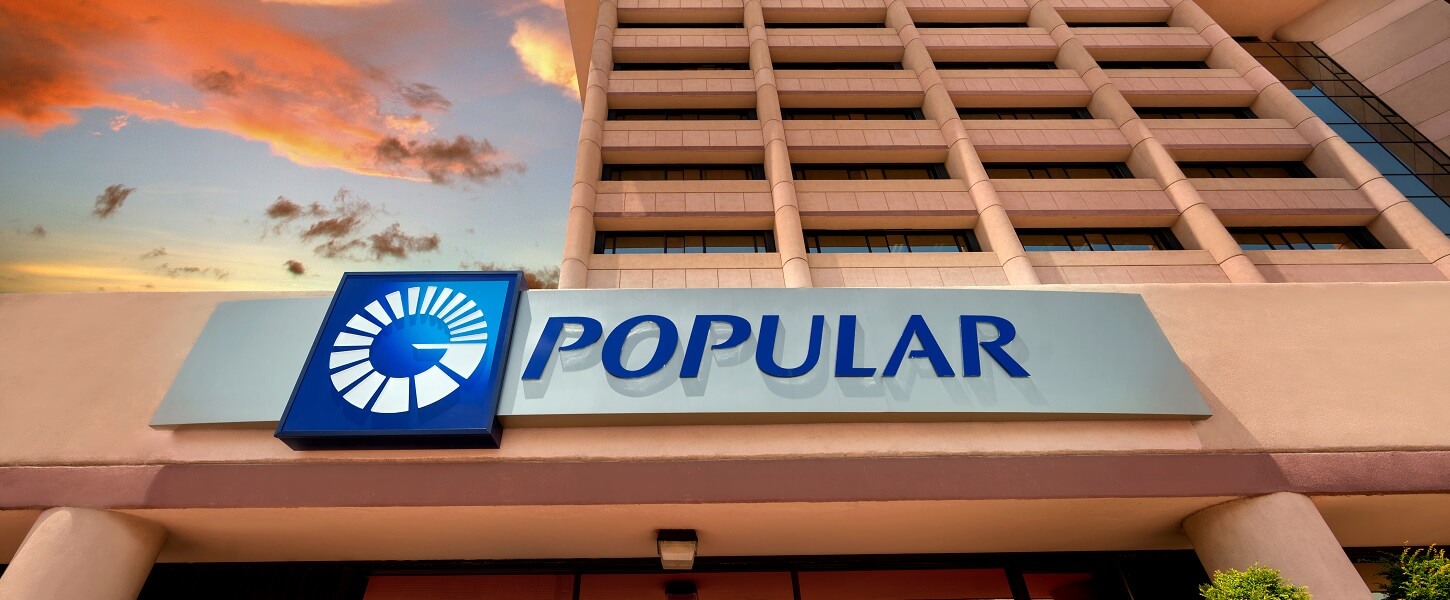Dominican Republic Banking Opening a Bank Account
Many people might assume that banking could be problematic and or even unsafe in the Dominican Republic, but it is neither of those things. This article explains how you can open a bank account, how the systems work, how you can manage your money, and how to transfer funds from one country to another.

How to open a bank account in the Dominican Republic
Each bank and indeed each bank branch will have different requirements for opening a bank account, and they do change often.
To be honest, the easiest way to open an account is to be introduced to the branch manager by an existing Dominican client at the bank, as social relationships are very important. Most banks in the Dominican Republic will allow foreigners to open an account with a current and valid passport for identity, but some might require a banking letter of reference from the home country as well as previous account details. There are a few banks that may only allow foreigners holding legal residency status to open a new account, but if you find that to be the case and you do not have residency, then it is worth shopping around.
To be sure please check or bring these documents
- Passport
- Driver License or second picture ID
- Social Security Card (Only required for US citizen or US person)
- Pension documents (if retired)
- Letter from employer (if employed)
- Bank reference letter (from a bank in your country of origin) this must be signed by a manager or other bank person and not just from the bank
- Bank statements for the last 3 months
- Dominican reference (We can be your reference as can your lawyer)
All letters and documents must be translated into Spanish and notarised by a lawyer!
How Safe are Dominican Banks?
In our opinion, they are much safer than many of the banks in the U.S. or Europe. There is, of course, a government-run banking depositor insurance fund but unlike the U.S. FDIC bank insurance fund, the Dominican Bank Insurance fund is solvent, and ALL banks pay into it. Also, Dominican banks are required to set aside a reserve with the central bank for liabilities and assets, which are reviewed periodically. That percentage or reserve can range up to 6% for things like unsecured loans or outstanding credit card debt, so they are much more secure than their counterparts in other parts of the world. But that is not the only reason we tend to have more confidence in the Dominican Banking System.
As many of you already know, banks in other parts of the world like (Europe and the U.S.) have become heavily involved with nontraditional banking activities, such as derivatives. Also, the European banks especially were duped into buying U.S. mortgage-backed securities which as we know by now were not exactly AAA rated as was promoted. Dominican Banks are very conservative with their activities and have not gotten involved in such things. Also, banking spreads are quite wide in the Dominican Republic, and that is a good thing.
So, while Dominican Banks might pay out 4% on savings accounts or maybe 7% on time deposits (certificates of deposit) they also charge up to about 18% for things like car loans and mortgages. In short, the Dominican Republic is not a very good place to borrow money; it is a perfect place to deposit or invest. The bottom line here is that banking is profitable, interest rates are the market rate (not contrived zero percent interest as we know is the case elsewhere) and higher borrowing costs deter excessive and untenable debt by the local consumers. Those factors, in our opinion, are even more important than the existence of banking insurance regarding the long-term health of the local banking system.
Is there online banking?
Dominican Republic Banking now offer online banking to check balances, pay bills, and transfer money. Some of the smaller savings and loan types of institutions may not all have an internet or online system in place, but all of the larger banks, do although different banks have different systems and some allow you to do more online. They all also have different levels of security measures.
How can I withdraw money?
Dominican Republic Banking has ATMs are all over the country, both inside and outside banks, at petrol stations, in supermarkets, and shopping malls. The maximum withdrawal limit is usually RD$10,000 pesos per transaction ‘ around US$208 and between RD$20,000 and RD$30,000 a day. There are issues with ATM fraud and sometimes the machine will keep your card so it is always best to withdraw from the ATM at the bank itself, and limit your use of other ATMs only in the case of an emergency. In addition, ATMs usually accept all types of cards including overseas credit and debit cards, but these incur withdrawal fees usually. Money is always issued in Dominican pesos.
What about credit cards?
Visa and MasterCard are widely accepted in the Dominican Republic, but American Express is not always accepted. If you do use a foreign credit card, make sure you check your account often, as there are often issues with foreign credit card fraud, but not so much with credit cards issued by the local banks. It is therefore advisable to get a local credit card if possible.
Can I transfer money to and from my local bank?
Yes, you can, but the usual limit is US$10,000, although if you want to transfer more, the bank will want to see proof of the source of the funds and what it is to be used for. The usual time for the transfer to go through is five working days, but larger sums can take more time. Some banks allow you to do online transfers whereas others prefer you to go into the bank itself.
What sort of accounts are there?
Dominican Republic Banking you can open a bank account in US dollars or Dominican pesos, and dollar accounts need a minimum balance of around US$500 to avoid monthly charges. You can choose a checking account with a payment book, or a savings account that comes with a debit card. Savings accounts typically have an interest of around 4%, and there are certificates of deposit available that have an interest between 6% and 7%. Bank loans and mortgages are very expensive, however, with interest rates of around 14% to 18%, and severe penalties if a payment is missed.

Banks in the Dominican Republic
There are several banks that operate in the Dominican Republic, both retail and commercial, but there is only one foreign bank which operates in the country which is Scotiabank. Monetary policy is set by the Central Bank.
The highest rated and most popular bank is Banco Popular, which has excellent online banking services and a large number of branches. It is also the most innovative one and has recently joined forces with Paypal to offer their services via its network.
The others are Banco Leon which has recently merged with BHD Bank to form Banco Leon BHD. Banco Reservas is the government bank, and via which all government employees are paid, so it is recommended to avoid this bank on paydays which are twice a month, on the 15th and at the end of the month, as the queues are enormous.
Dominican Republic Banking: links to banks
Central Bank
Banco Popular
Scotiabank
Banco BHD Leon
Banreservas
This post and more can be seen at EXPATS.COM

